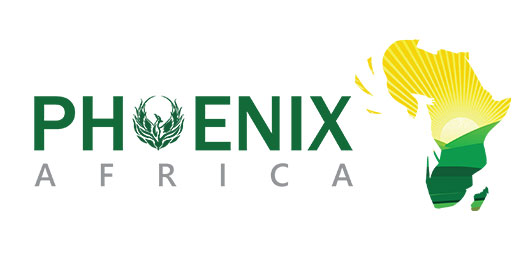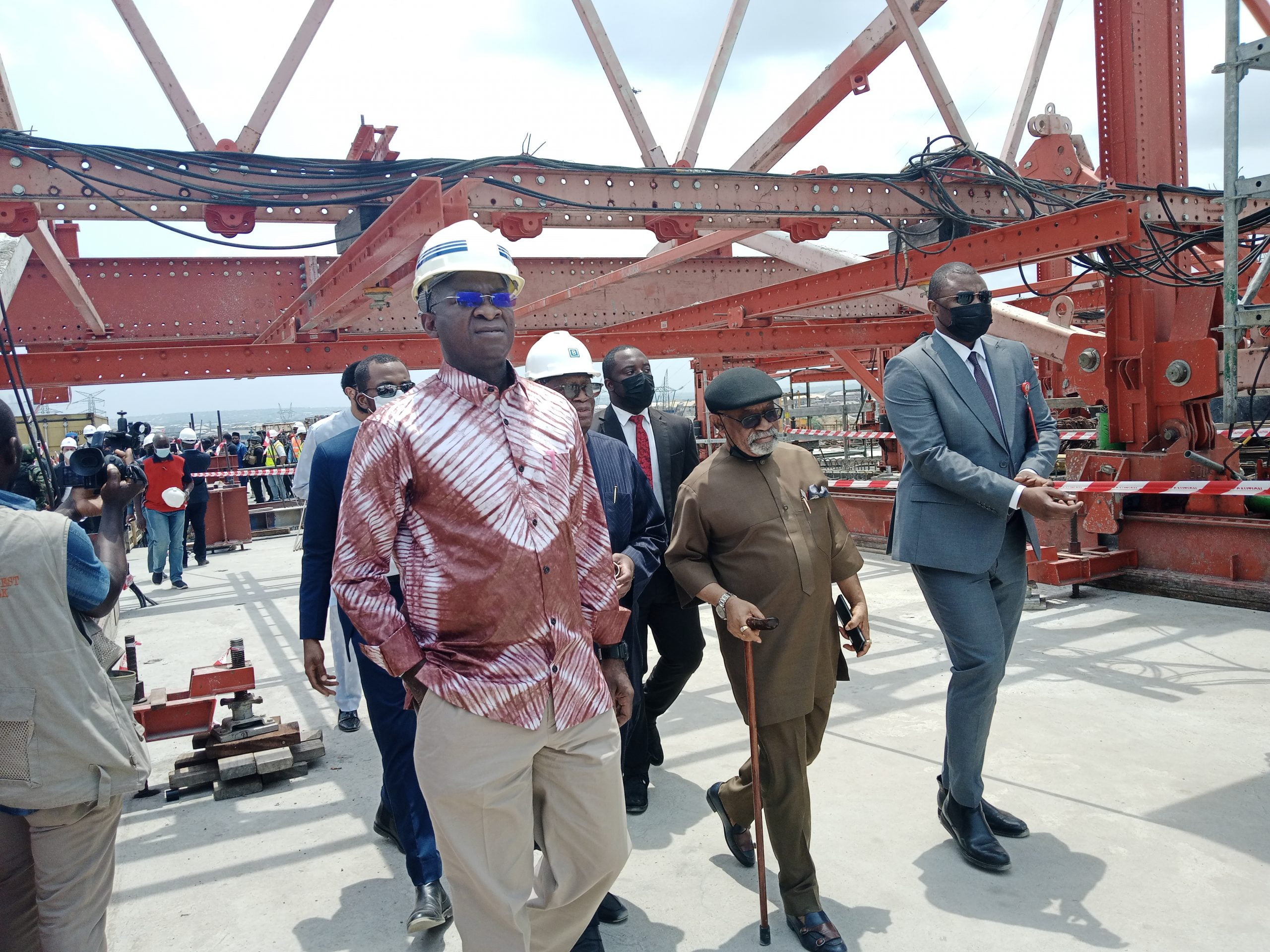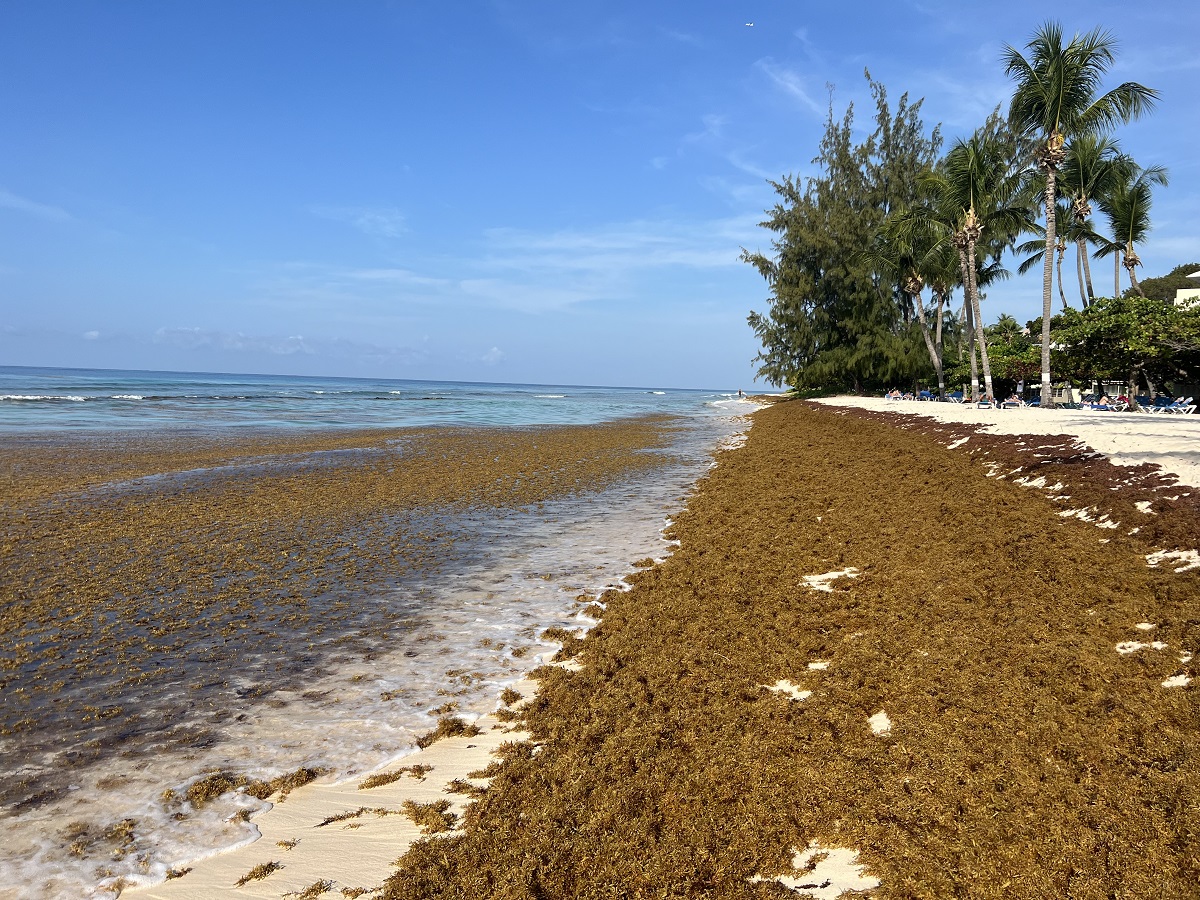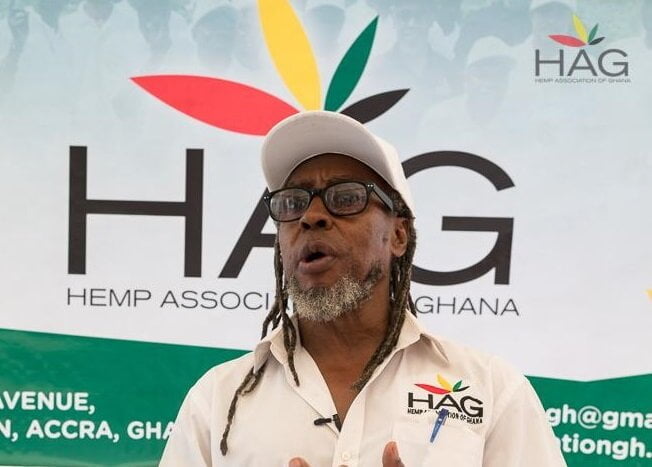NIGERIA'S work and housing minister Babatunde Fashola has announced that the federal government has completed the construction of the Second Niger Bridge linking Asaba in Delta State with Onitsha in Anambra State.
Since Nigeria's return to democracy in 1999, successive governments have been working on building a second Niger Bridge as it is a vital link between the east and west of the country.
Way back in 1965, the first bridge was built but it is currently overwhelmed as the volume of cars crossing it have made the construction of a second one vital.
This second bridge built by Julius Berger, includes a 1,590-metre reinforced crossing with maximum spans of 150 meters, a motorway interchange and a toll station. One of the challenges the team overcame was that the construction of the road leading to the bridge required soil improvement measures in the form of vertical drainage, horizontal dam base reinforcement using geosynthetics and plastic-coated sand columns, known as geotextile encased columns.
According to Mr Fashola, work is still ongoing to connect these roads to the bridge and the government opted to fund this using Islamic finance using a Sukuk bond. Speaking at the unveiling of President Muhammadu Buhari’s scorecard series, Mr Fashola said the completion of the bridge is one of the major achievements of this administration.
Mr Fashola added: “The Second Niger Bridge is completed and what is remaining is a 4km interchange road at the Asaba end and 2km out of a 7km link road at the Onitsha end. The first thing we did when we came into power was we expanded our budget on road infrastructure and sought alternative sources of funding through Sukuks, and an infrastructure tax credit scheme.”
Also, the minister said 12 road projects covering about 896km have been completed, commissioned and handed over to their communities. Mr Fashola added that the government is executing 83 road rehabilitation projects in federal tertiary institutions across the country with 66 projects completed and 46 commissioned.







